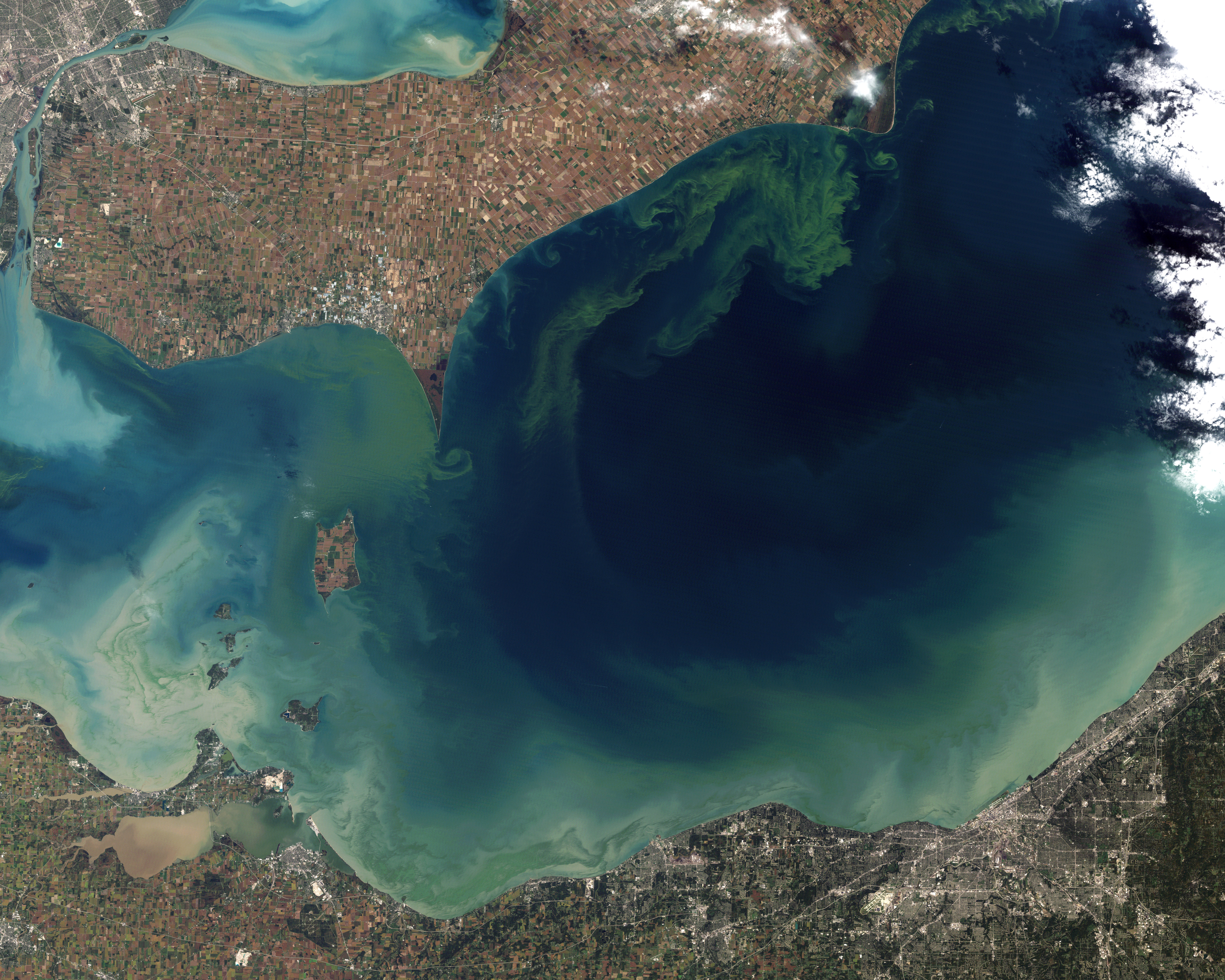Author: Camellia Moors ‘22
Welcome to our final edition of Good News Friday for the 2020-2021 school year! This series has been fun and insightful to make, and we hope to continue it in the fall. Today we are covering renewed American efforts to reduce methane emissions, an innovative way to limit excess nitrogen pollution in water, and Belgium’s recent commitment to confronting global deforestation.

U.S. Senate reinstates methane leak rules: On Wednesday, the Senate voted to effectively reinstate (by rolling back a Trump administration rule) an Obama-era regulation designed to regulate methane emissions from oil and gas well leaks. Passage of the rule in the House and approval by President Biden are expected next month. The move comes as new National Oceanic and Atmospheric Administration (NOAA) atmospheric data recently revealed that 2020 saw the largest annual increase in atmospheric methane since measurements began. The United Nations is also expected to release a report next week declaring that targeting methane emissions reductions is essential to mitigating climate change. (As a greenhouse gas, methane has a global warming potential 28 times greater than that of carbon dioxide).

A new way to reduce algal blooms: Harmful algal blooms–overgrowths of toxic algae in water frequently in response to an excess of nutrients like nitrogen and phosphorus–can cause illness in humans and aquatic animals alike. Nutrients commonly end up in bodies of water via agricultural runoff, because farmers use nutrient-based fertilizers to grow crops. There are a variety of ways to try and filter out these nutrients from runoff, but a growing field relates to denitrifying bioreactors: namely, bacteria capable of processing nitrogen to remove it from water. A new study has found that filtering runoff through wood chips, which contain nitrogen-processing bacteria, can lead to a 20-40% reduction in the amount of nitrogen in the runoff. The study is promising because accessing wood chips is relatively easy and sustainable, making this a convenient way for farmers to process their runoff and prevent potentially harmful algal blooms.

Belgium bans palm- and soy oil-based biofuels: Belgium’s Minister of Environment and Climate, Zakia Khattabi, recently announced that the country would ban biofuels within its borders made from palm and/or soybean oil by 2022. Denmark, France, and the Netherlands have all made similar announcements. The move signifies Belgium’s first step as part of its membership in the Amsterdam Declaration Partnership, a group of nine European countries which aims for “deforestation-free, sustainable commodities.”
We hope you’ve enjoyed this series! If you have any questions or things you would like to see as part of Good News Friday in the future, please feel free to contact us.

